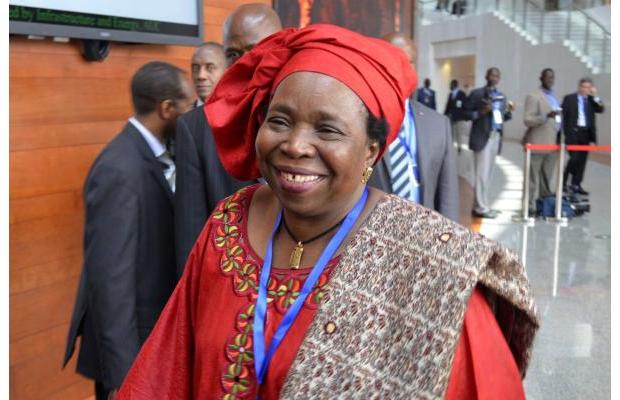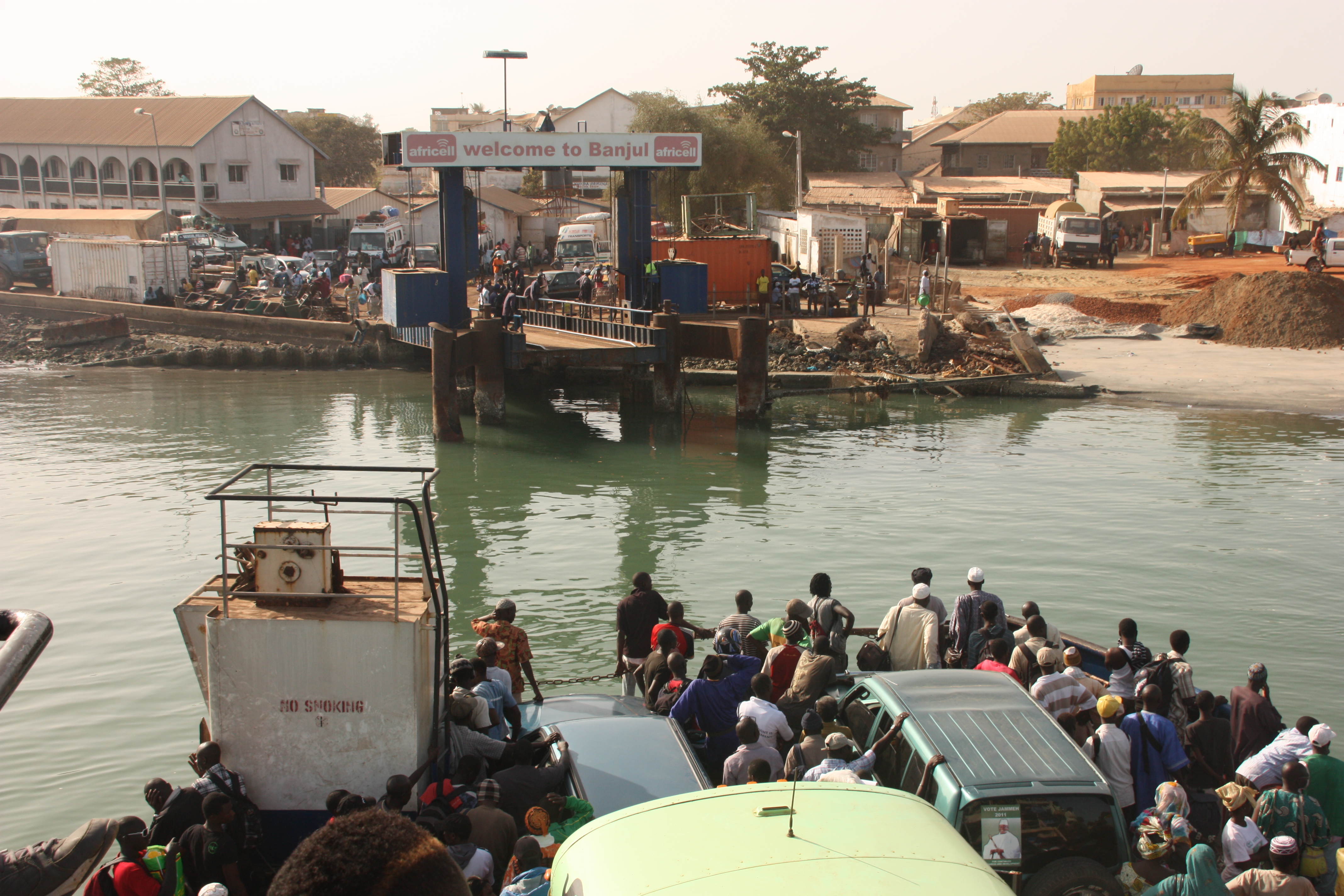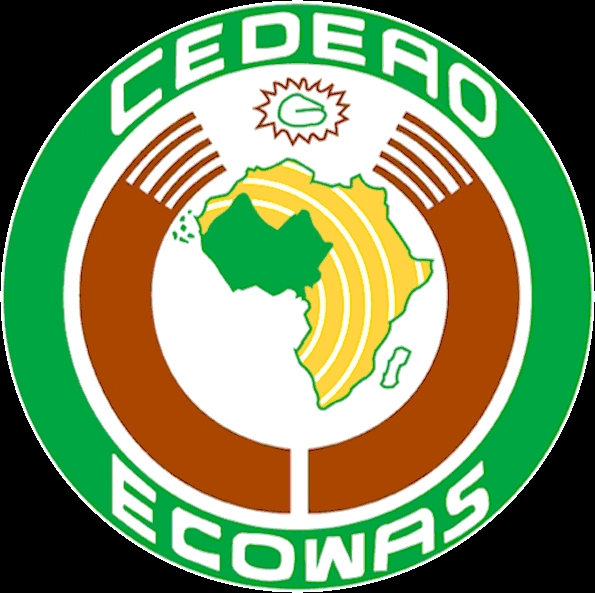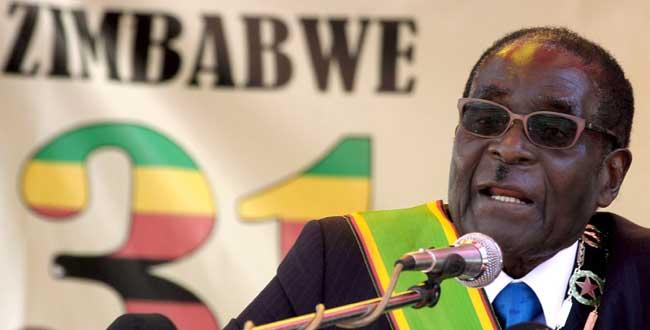‘The history of a movement, of a nation, of a race, is a guide-post of that movement’s destiny, that nation’s destiny, that race’s destiny. What you do today that is worthwhile inspires others to act.’
– Dr Nkosazana Dlamini Zuma quoting Marcus Garvey at the AU Summit in Addis Ababa, July 2012.
On July 15, 2012 a major power shift took place on the African continent. Dr Nkosazana Dlamini-Zuma, South African Minister for Home Affairs and formerly foreign minister was elected chairperson of the African Union Commission, beating out incumbent Jean Ping of Gabon and becoming the first female to lead the AU. It may prove to be the day that leadership in Africa was finally consolidated by its largest economy, South Africa. The new position at the head of the continent may also signal a shift in recent South African foreign policy and defense commitments on the continent as it becomes necessary to embrace a truly pan-African vision.
[captionpix align=”left” theme=”elegant” width=”320″ imgsrc=” http://www.iol.co.za/polopoly_fs/dlamini-zuma-profile2-1.1337512!/image/963433163.jpg_gen/derivatives/box_300/963433163.jpg ” captiontext=” The newly elected AU Chairwoman, Dr Nkosazana Dlamini-Zuma.”]
A Continental Leader?
The only African member of both the BRICS group of emerging economies and the G-20, as well as the current holder of the rotating UN Security Council seat, no country is better placed to lead the AU’s 54 member states than South Africa. In June, Africa’s largest economy contributed USD $2-billion to a $430- billion International Monetary Fund (IMF) global firewall to forestall another financial crisis. The move reflected the country’s willingness to support growth and a stable economic environment while enhancing its leadership credentials.
Dlamini-Zuma’s ex-husband and current South African president, Jacob Zuma was quick to offer praise stating that ‘the whole of Africa is happy’ and adding that the move would empower women across the continent. Her election will no doubt prove a boon to the president’s own re-election campaign to win a second term as African National Congress president at the Mangaung Conference in December.
At the January summit, former chair Jean Ping won all three rounds of voting but could not garner a two-thirds majority of member states’ votes to ensure his re-election and thus the need for the deciding vote in Addis Ababa to break the deadlock.
Originally South Africa had declined to field a candidate for the post, as an unwritten AU rule deemed the major African states—Egypt, Libya, Algeria, Nigeria and South Africa—unfit to lead as it would mean too much power focussed in one state and thus the preference was for leaders from smaller countries. However after diplomatic debacles surrounding AU interventions in Libya and Côte d’Ivoire, South Africa reconsidered its position and began an invigorated election campaign to land at the helm of the Commission.
Amongst concerns over a possible Anglophone-Francophone split in the AU, the final round voting was split for both candidates across linguistic, regional, ideological and gender lines with 37 of 51 voting states selecting Dlamini-Zuma. The task of building stronger ties with the 17 states that did not support her candidacy as well as repairing relations with Nigerian president, Goodluck Jonathan, who supported Jean Ping will be fundamental to institutional effectiveness and perceptions of South Africa across the continent.
A Tidal Wave of Challenges
Some of the major security challenges facing the new chairwoman are the openly hostile relations between the Sudans, the secession of northern Mali by Islamic and Tuareg rebel groups, piracy and the Al-Shabaab insurgency in Somalia, and the ongoing conflict in eastern Democratic Republic of Congo. Since the African Union is the only multilateral institution to enshrine in its founding documents the responsibility to protect doctrine, or R2P, the organisation has a mandate to intervene to prevent and halt genocide, war crimes, crimes against humanity and ethnic cleansing.
Developed by a Canadian government-funded commission in 2001 and adopted at the UN World Summit in 2005, R2P is an emerging norm that sees state sovereignty not as a right but as a responsibility, where the international community may intervene (a military intervention is a last resort and may only be authorised by the UN Security Council) to prevent mass atrocities against civilian populations where the state has failed to do so.
The African Standby Force—set to be established by 2015—should go some length in building the capacity the AU needs to deal with its continent-wide security challenges. At present the AU maintains an 8,000 member strong peacekeeping force split among regional blocs.
Financial Independence
In June of 2010 the McKinsey Global Institute (MGI) released a report entitled: Lions on the move: the Progress and Potential of African Economies. The report detailed Africa’s growing economic momentum driven by a rising demand for African commodities and supported by the continent’s ever increasing ties to foreign capital flows which peaked at USD $87-billion in 2007. Africa’s collective GDP is now above USD $1-trillion, rivalling Brazil or Russia.
However at present up to 55% of the African Union’s budget is funded largely by Western states and China (nothing is more symbolic of this than the Chinese-built $200-million AU Secretariat building), calling into question the organisation’s independence and long term sustainability. It is obvious that large African economies like Nigeria, Angola and Egypt together with South Africa must raise their contributions to the AU; pay greater attention to the administration of the organisation and facilitate increased participation in the AU’s overall integration project.
A deadline of 2017 was set at the July Summit for the establishment of a continental free trade agreement. The Tripartite Agreement would see the merger of the South African Development Community, the East African Community and the Common Market for Eastern and Southern Africa. Without the backing of the bigger African economies the project will be sidelined indefinitely.
A 2007 internal audit report released by the AU was highly critical of the organisation’s poor administration and management. The report emphasised that the Commission was understaffed with a vacancy rate of 40% and that only 50% of approved tasks were implemented.
The Right Stuff
Dlamini-Zuma is a trained medical doctor, who completed her studies in England. She was Minister of Health under Nelson Mandela from 1994-1999 before becoming Foreign Minister, a posting she held from 1999-2009. She was appointed Minister of Home Affairs by current president and her ex-husband Jacob Zuma; the pair divorced in 1998. Prior to her takeover of Home Affairs, the ministry had been regarded as deeply corrupt and staffed with bribe-taking and underperforming officials. Under Dlamini-Zuma’s guidance a culture of effective internal governance was initiated underpinned by enhanced financial controls. Service delivery was streamlined to the point where the Department was rated an employer of choice in 2010-2011.
The major turnaround at Home Affairs and her long years of service as foreign minister have convinced many analysts that a similar series of reforms could be possible within the AU Commission. Given the immense challenges presented by the role it will take all of Dlamini-Zuma’s efforts to move the AU further down the path of integration towards independence from external donors and greater internal unity.




